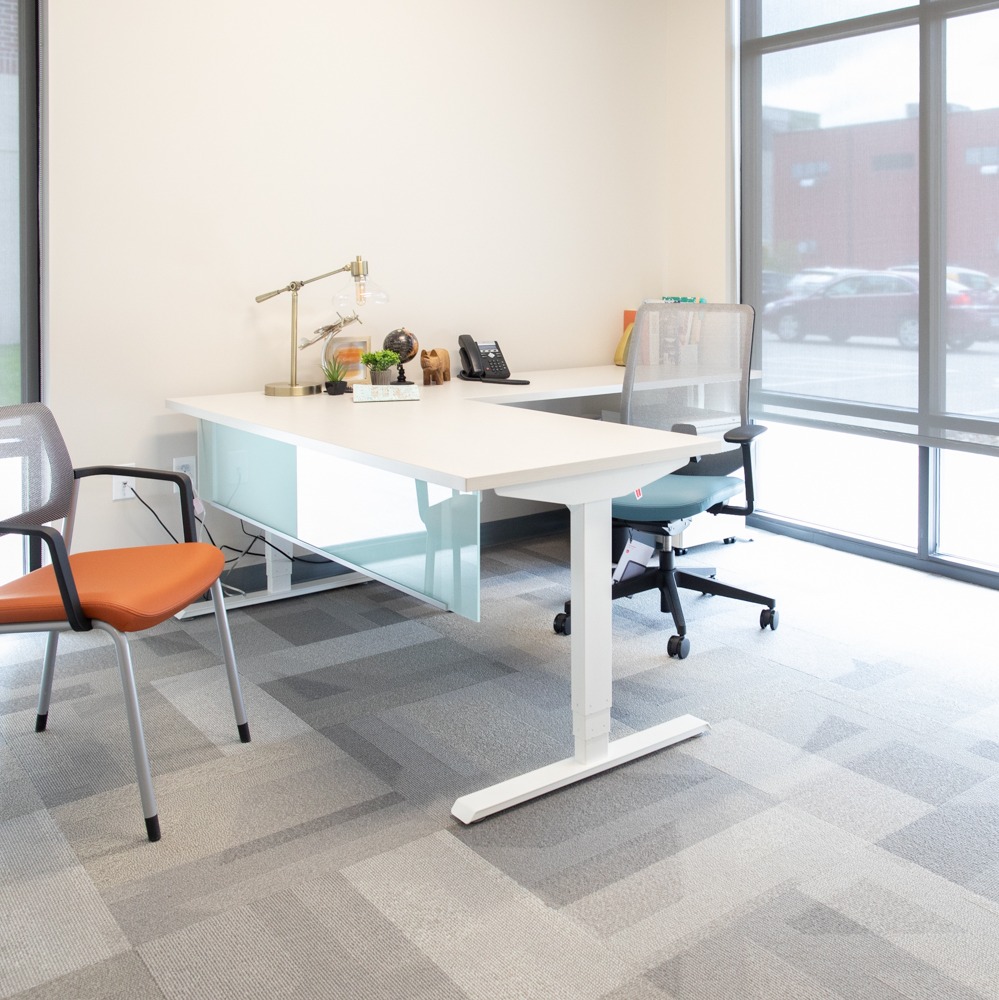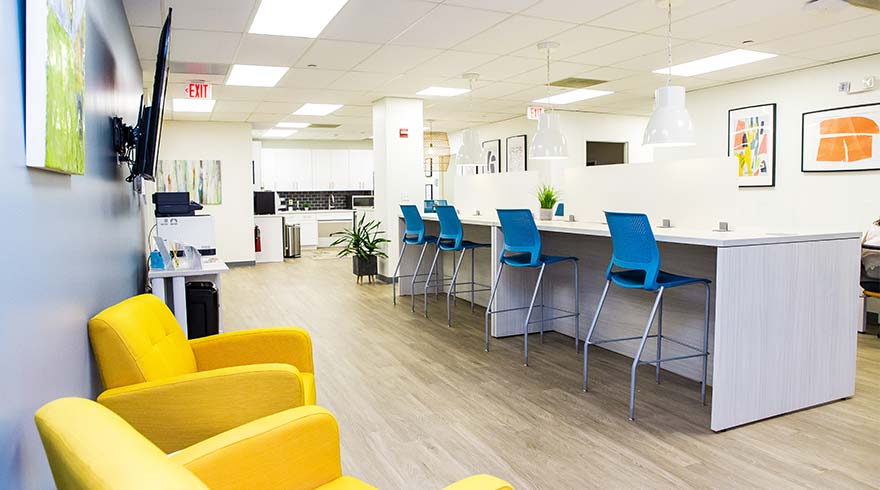
Exploring the Psychology of Remote Work
Remote work has been hailed for several high-value benefits to companies and their employees alike. But it’s also important to consider the potential negative implications of working from home, especially when it comes to mental health.
Here’s a quick review of some of the most important psychological factors that companies may need to address in their remote work strategy.
Pro: Employees Feel More Productive
Numerous studies have found that employees who work remotely can accomplish more in less time. Specifically, employees can dive into their work without the typical office distractions, feel more engaged with the company, and work at their own pace. When employees feel like they’re more productive, they can also feel some of the stress and pressure of the office melt away.
Con: Isolation Can Make You Feel Disconnected From the World
On the downside, working alone can lead to intense feelings of disconnect from other people. Working from your living room or kitchen on a daily basis can risk clouding the boundaries between work and family life, making it harder to “turn off” work at the end of the day.
In addition, little to no human interaction throughout the day can lead to feelings of depression and anxiety. In a recent State of Remote Work report, researchers found that nearly 20 percent of remote workers say isolation is their greatest challenge.
Pro: Employees Feel Less Pressure and Stress in Some Ways
Without a morning or afternoon commute, constant interruptions, paying for expensive lunches, and getting little time to recharge at the office, many remote workers say that it’s an excellent solution for stress. Workers can sleep a little longer in the morning and can work in clothes in which they feel comfortable. They don’t feel the constant pressure of someone looking over their shoulder while they work. Plus, they’re not exposed to coworkers who may be sick and can reduce their chances of becoming ill.
Con: Healthy Habits are Hard to Build and Maintain
Remote work has been hailed for its benefits to focus and concentration, but these benefits have downsides, too. For example, when you’re focused intently on your work, it could be hours before you remember to get up and stretch, go outside for fresh air, or stay hydrated. You’ve got the fridge within arm’s reach and may develop poor snacking habits. If you’re working from home, it’s important to establish healthy habits early on so that you aren’t putting your health at risk.
 Pro: Remote Work Conditions Can Be Customized to Each Employee
Pro: Remote Work Conditions Can Be Customized to Each Employee
Arguably the biggest advantage of working remotely is that each employee can customize their work experience, to an extent. For example, workers who need the company of others to thrive or otherwise don’t have a home office space may find it beneficial to work in a co-working space instead of their living room. Workers who feel disconnected or want to build healthy habits may find it beneficial to split their time between home and a co-working space for the best of both worlds.
Find the Office Evolution location nearest you and let us help you navigate your coworking options!